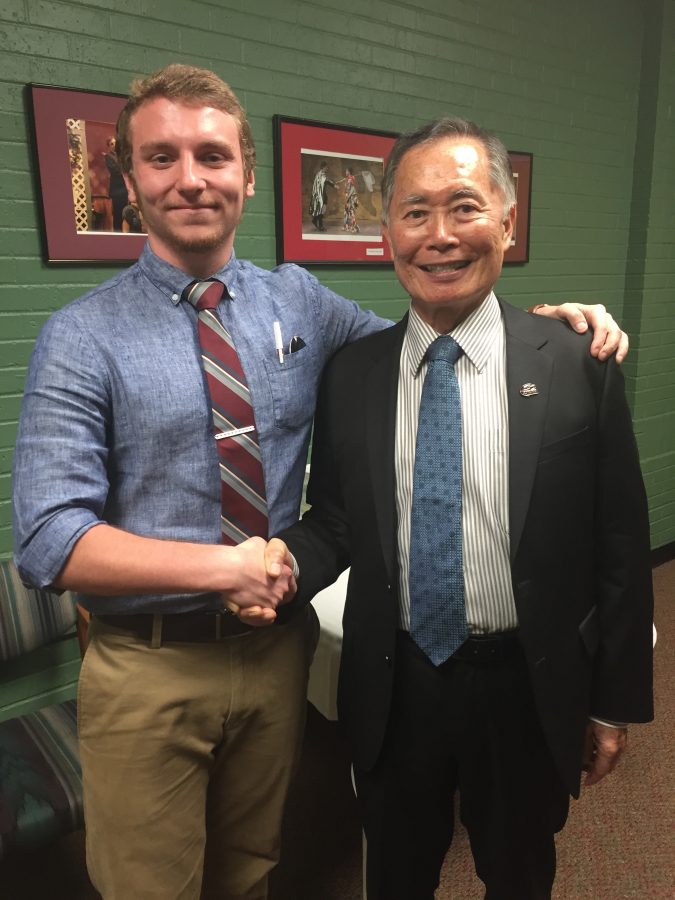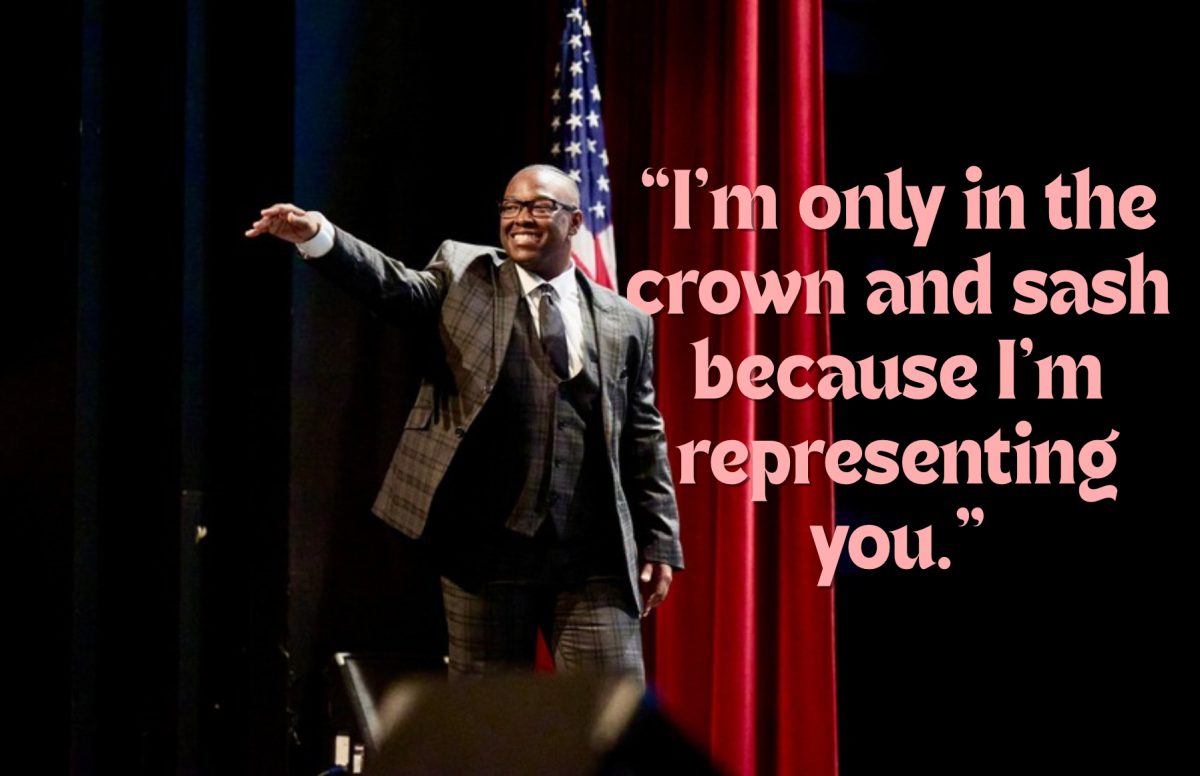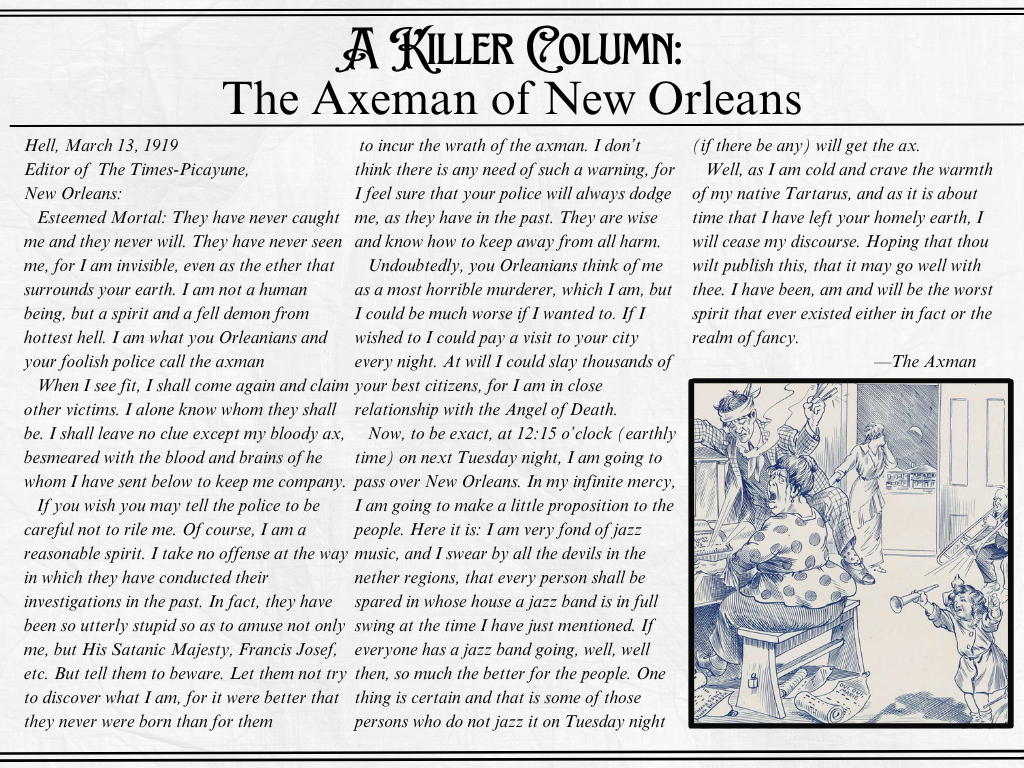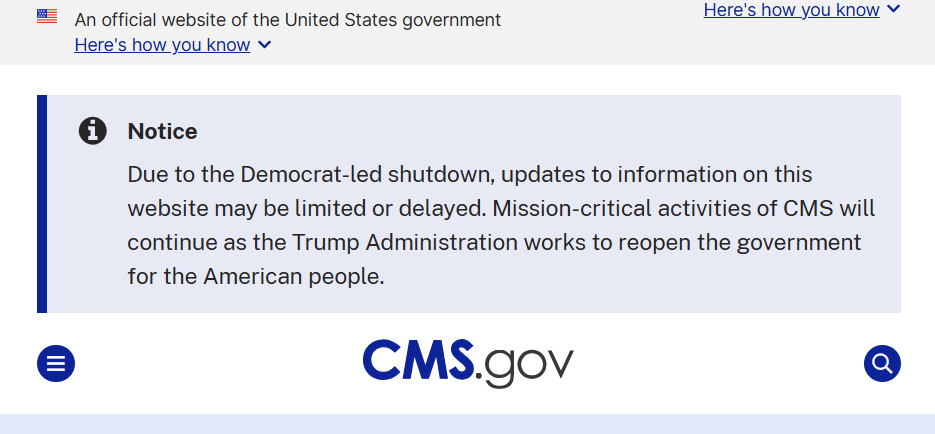Star Trek star, human rights activist, and social media guru George Takei spoke at ULM March 31st as part of the Lyceum Series.
The Lyceum Series began in 2003 as a way to “promote intellectual exchange among ULM students, faculty, staff and the community, according to the ULM website.
The series has hosted authors, political authorities, journalists, entrepreneurs, celebrities, and other distinguished personalities. Last year’s Lyceum featured ice cream entrepreneurs Ben and Jerry.
Brown Auditorium was full of attendees eager to hear Takei speak.
Takei spoke of his time in an internment camp during World War II, his involvement in political campaigns, his career, and human rights issues.
Takei spent about three years in internment camps for Japanese-Americans during his childhood.
He was one of more than 100,000 Japanese-Americans who were forced to immigrate to the camps after the Japanese attack on Pearl Harbor, which initiated America’s involvement in World War II. One camp that Takei stayed at was close to Monroe, in southeastern Arkansas.
Takei serves as an advocate for several issues, one of them being preserving the history of the internment camps in America. He recalled his teen years in which he wished to learn more about his “childhood imprisonment,” but could not find any information about the camps recorded in history books.
“We need to have more people that know about that chapter of America. Too many people know nothing about it,” Takei said.
Takei has spent years working with others to produce the play “Allegiance” about the Japanese internment camps. The play is scheduled to premiere on Broadway this fall.
Takei also uses social media to remember the internment camps. His objective is to grow an audience that is knowledgeable about that occurrence in history.
“You can’t learn from history if you don’t know your history,” said Takei.
Xin You Chen, a sophomore communications major, pointed out that Takei spoke of his childhood for greater purposes than to gain pity.
“His stories of his childhood were sad, yet he made sure the story was told to elicit empathy, not sympathy, because he truly wanted raise awareness about the encampment,” said Chen.
Some students received the opportunity to meet Mr. Takei by working the event.
Dustin Hickman was one of those students. Hickman not only enjoyed meeting Mr. Takei, but he also enjoyed hearing him speak.
“I think the best thing about Mr. Takei coming to the school was that he had a little bit for everybody,” said Hickman, a sophomore finance major.
“Whether you are a Star Trek fan, a history buff, or someone that is deeply interested in civil rights issues, he had something that you could relate to.”











